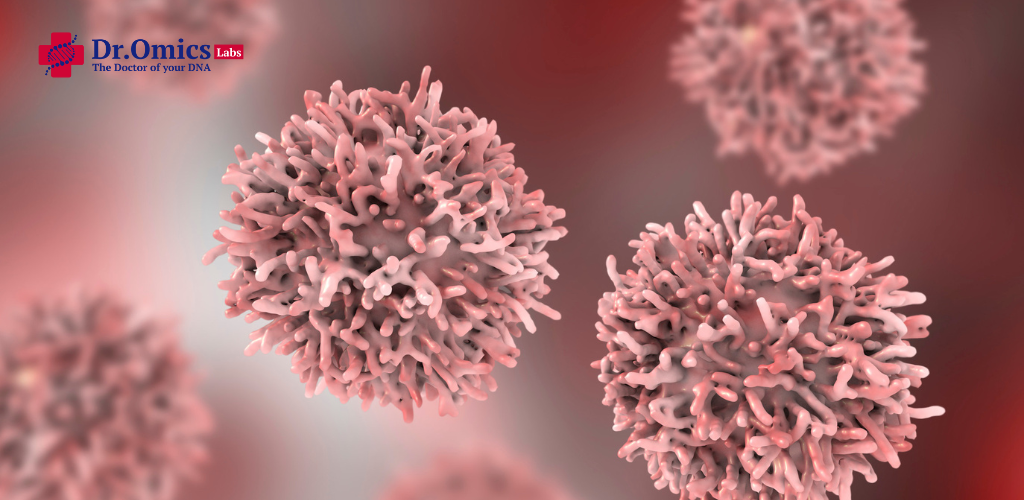Cancer treatment has historically relied on generalized approaches, such as chemotherapy and radiation, that, while effective for some, often come with significant side effects and limited effectiveness across all patients. However, precision medicine is transforming cancer care by focusing on the unique characteristics of each individual’s cancer. This personalized approach considers genetic mutations, molecular markers, and lifestyle factors, enabling treatments that are more effective and better tolerated.
By identifying specific mutations and biomarkers within a tumor, precision medicine allows doctors to predict which therapies will work best for each patient, often sparing them from unnecessary treatments. This revolutionary shift in cancer care promises not only improved survival rates but also a higher quality of life for patients as they undergo more targeted, less invasive treatments.
What is Precision Medicine for Cancer?
Precision medicine represents a groundbreaking shift in cancer treatment. Instead of relying on broad-spectrum therapies like chemotherapy and radiation, precision medicine uses a deep understanding of the genetic mutations and specific traits within a patient’s tumor. By identifying specific genes, proteins, and other biomarkers, this approach helps determine the most effective therapies for each individual’s cancer.
Key Elements of Precision Medicine in Cancer:
- Genomic Testing: Analyzes DNA in cancer cells to detect mutations that drive tumor growth, guiding precise treatment strategies.
- Biomarkers for Prediction: Uses molecular markers to assess which therapies may be effective, allowing for more accurate, personalized cancer care.
- Targeted Therapy: Involves drugs that specifically target cancer cell pathways and mechanisms, reducing harm to healthy cells and improving treatment outcomes.
- Personalized Immunotherapy: Customizes immune-based treatments according to the tumor’s unique profile, enhancing the body’s ability to recognize and fight cancer cells.
How Genomic Testing Shapes Personalized Cancer Care
Genomic testing is the bedrock of precision medicine, offering a clearer understanding of each tumor’s unique genetic makeup. By identifying genetic mutations and alterations, doctors can tailor treatments specifically for each cancer type and subtype.
For example, mutations in the BRCA1 and BRCA2 genes, known for their role in breast and ovarian cancers, reveal opportunities for targeted treatments like PARP inhibitors.(2) Likewise, lung cancers with EGFR mutations respond well to tyrosine kinase inhibitors, which specifically target this altered gene.(1)
Biomarkers: Predicting Treatment Response and Success
Biomarkers are essential tools in precision medicine, enabling doctors to predict how specific cancers will respond to treatments. For example, HER2 is a protein overexpressed in some breast cancers, and patients with high HER2 levels may benefit from targeted therapies like trastuzumab.(3) Biomarkers help improve treatment selection, minimize unnecessary side effects, and increase the odds of successful outcomes.
Targeted Therapy: Redefining Cancer Treatment
One of the most promising aspects of precision medicine is targeted therapy. Unlike conventional therapies, targeted therapies work by disrupting specific molecules and pathways critical to cancer cell growth and survival. Drugs like imatinib for chronic myeloid leukemia (CML) and erlotinib for EGFR-mutated lung cancer are prime examples, offering highly effective treatment by honing in on molecular drivers of the disease.(4)
Immunotherapy: Unlocking the Body’s Own Defense
Immunotherapy, a rapidly growing field within precision medicine, uses the body’s immune system to fight cancer cells. By employing therapies like immune checkpoint inhibitors (e.g., pembrolizumab and nivolumab) or CAR-T cell therapy (5), patients with specific biomarkers may experience prolonged remission or even complete responses. However, immunotherapy works best for patients with tumors exhibiting markers like PD-L1 (6), helping doctors select those who may benefit most.
The Role of Artificial Intelligence and Big Data in Precision Medicine
AI and big data are driving precision medicine forward, enabling faster analysis of complex patient data and identification of potential treatment paths. Machine learning algorithms analyze extensive genomic and clinical data, helping clinicians uncover patterns, predict treatment responses, and refine therapies over time.
Key Benefits of AI:
- Predictive Analytics: AI models can forecast which patients will respond to specific treatments based on genetic and molecular data.
- Drug Discovery Acceleration: AI-driven research enables rapid identification of new drug candidates and potential drug repurposing.
- Real-Time Decision Support: AI algorithms help clinicians quickly interpret complex data to make informed decisions for personalized care.(7)
Future Challenges and Opportunities
While precision medicine is transforming cancer care, challenges remain:
- Access and Cost: Genomic testing and targeted therapies can be costly, potentially limiting patient access.
- Tumor Complexity and Resistance: Tumors are heterogeneous and can adapt, sometimes developing resistance to therapies, requiring constant monitoring and adjustments.
- Data Interpretation: Handling vast amounts of data from genomic, proteomic, and clinical sources demands advanced computing power and expert interpretation.
Precision Medicine in Cancer Care: A New Era of Hope
The integration of precision medicine in oncology heralds a future where each cancer patient receives a treatment plan tailored to their unique genetic and molecular profile. By honing in on the specific mechanisms driving each cancer, clinicians can offer more effective, less invasive treatments and improve the overall quality of life for cancer patients.
This shift from generalized therapies to individualized care is more than just a scientific advancement—it’s a true revolution in how we approach cancer treatment, one that promises a new era of hope and transformation in cancer care.
In this age of precision medicine, the question is no longer simply about fighting cancer. Instead, it’s about redefining how we treat it, focusing on the individual, and working toward a world where cancer care is as unique as each person battling it.
Reference
(1)https://www.frontiersin.org/journals/medicine/articles/10.3389/fmed.2016.00076/full
(2)https://www.nature.com/articles/s41523-022-00411-3
(3)https://www.cancer.gov/research/progress/discovery/her2
(4)https://pubmed.ncbi.nlm.nih.gov/17284091/
(5)https://www.frontiersin.org/journals/immunology/articles/10.3389/fimmu.2024.1378944/full




